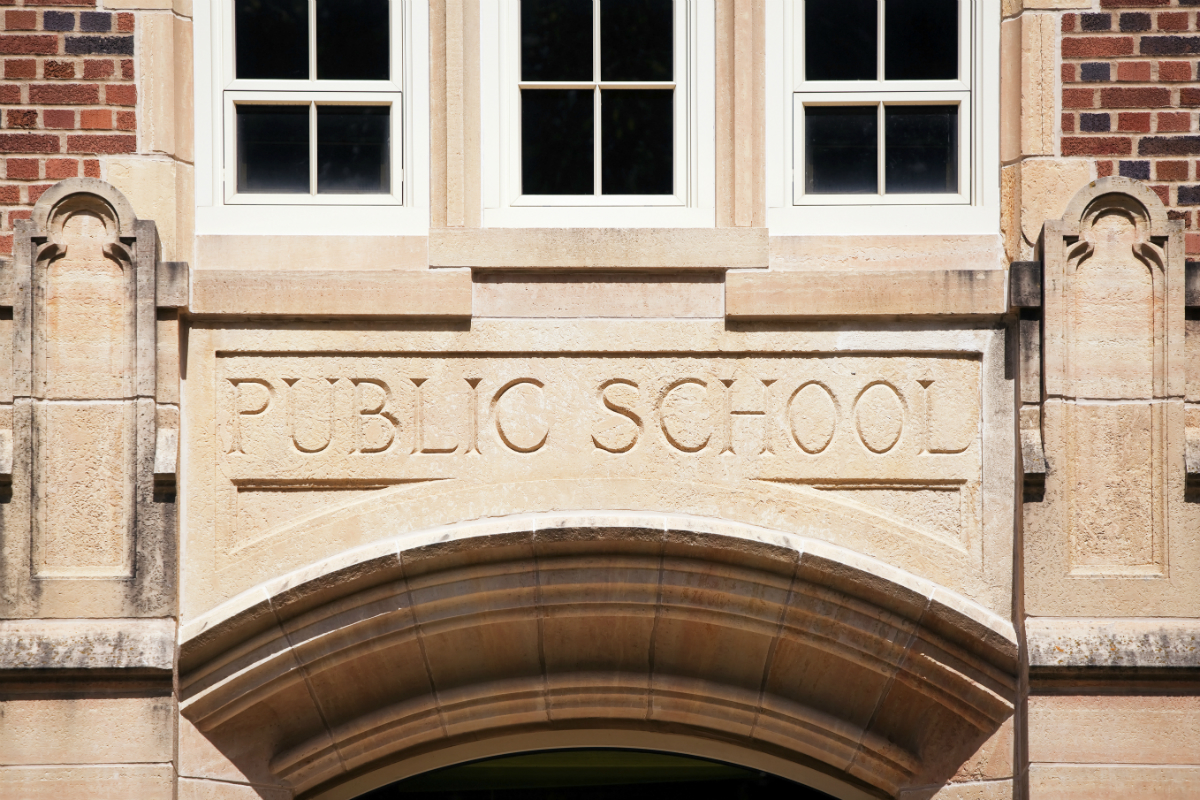The State Board of Education unanimously approved final changes to Every Student Succeeds Act plan at its mid-July meeting. On July 12, the U.S. Department of Education approved California’s plan ending a monthslong process of negotiations with the U.S. DOE. The State Board developed the plan over a two-year period with input from thousands of stakeholders.
ESSA, the federal accountability system for schools, brings with it roughly $2.4 billion in funding for low-performing TK-12 schools as well as funds for after-school programs, teacher training and migrant student aid.
At issue in California was the state’s accountability system, the California School Dashboard, and how to best align it with ESSA. The Dashboard had complicated this process by focusing on improving under-performing school districts rather than individual schools as required by ESSA.
“Through several weeks of negotiations, a compromise was reached that allows the state to continue working with districts, recognizing that the challenges of individual schools are often related to wider systemic problems,” the U.S. DOE said in a statement.
As part of the negotiations, the State Board agreed to move up the decision of when California will identify the lowest-performing low-income schools in need of help from 2019—20 to 2018—19. To receive the $2.4 billion in federal funding for ESSA, the state has to identify the lowest-performing 5 percent of low-income schools for support and aid — expected to be about 300—400 schools statewide.
California’s proposal had been to identify schools for additional targeted support and improvement based upon one or more “consistently underperforming” student groups in three out of four years. The revised state plan recognizes that schools will be identified for additional targeted assistance beginning in the 2018—19 school year based upon two consecutive years of data using from the fall 2017 Dashboard and the 2018 Dashboard.
In comments and discussion, SBE members and stakeholders expressed a sense of urgency for the State Board to clarify what districts and schools will need to do once they are identified for assistance and improvement, and a shared concern that the state avoid requirements for duplicative, redundant improvement plans and retain a consistent focus on the Local Control Funding Formula and Local Control and Accountability Plans.
California’s education officials cited the Dashboard as an important foundation for accountability and for ESSA — as did U.S. Secretary of Education Betsy DeVos.
“California has an ambitious plan to give additional resources to students with the greatest needs as we prepare all students for college and 21st-century careers,” State Superintendent of Public Instruction Tom Torlakson said of the Dashboard. “The ESSA plan approved today will support those efforts.”





